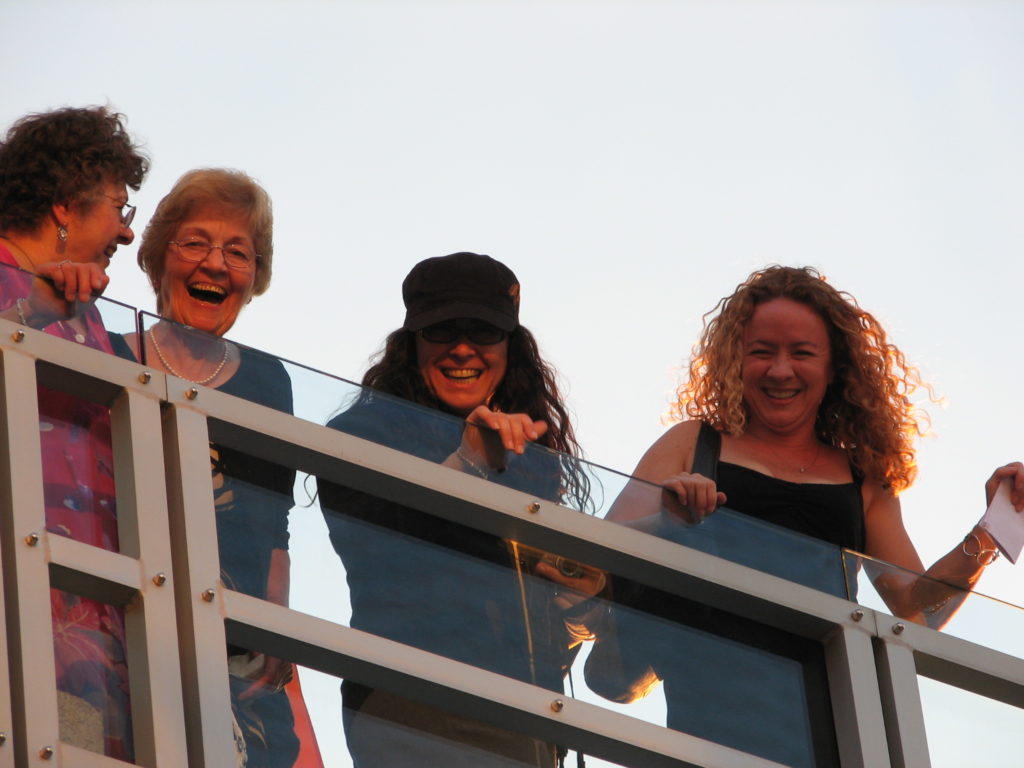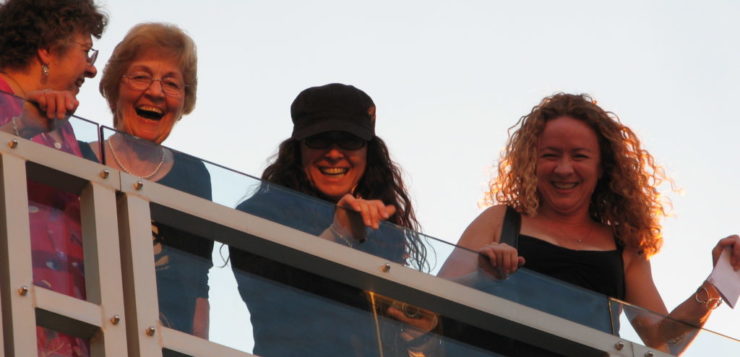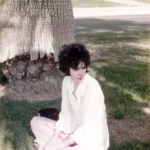
For years, I’d wanted to be one of Renee’s best friends. I found myself obsessing that she did not like me as much as she liked others in our lesbian group.
It happened gradually. At first, I was flattered that Renee spoke to me at all. I was on the periphery of our group of queer women, a physician workaholic who had become loosely associated with the group through my more social partner. The group had come together in the early 1990s: queer women entering middle age and growing up at a time when being queer was not acceptable, a fact usually kept secret from our straight friends. Several of us had previously been married to men and had children from those unions.
Renee was one of those women, married with three children living in the Seattle suburbs- until she fell in love with Barbara, her married neighbor with two daughters. Teasingly, we called the couple “The Suburban Housewives”. Renee was pretty with a fresh farm girl face, intelligent and thoughtful, and active in the Mormon church before coming out as a lesbian.
I wanted to talk to Renee, but so did everyone else in the group. I found myself in competition for her attention. One year, at the annual summer solstice picnic, I looked up from small talk with someone and saw Renee talking privately with another woman. My heart ached with yearning to share such intimate moments of friendship with Renee.
A year or so later, on a cross-country ski weekend, Renee sat next to me in the cozy cabin, a fire crackling in the wood stove, her attention totally focused on me. I am interesting! She likes me! I wanted more of that feeling, but when we all filed in for dinner, the seats near Renee were already taken.
I longed to become a more integral part of this social group of queer women. But when Renee’s daughter got married, most of the group was invited to the wedding. I was not. My stomach clenched. Because I was already an outsider in society, feeling an outsider in my own community of queer women hurt.
A couple of years ago, I invited Renee to our house for dinner along with her partner, and one of her closest friends. Maybe, I reasoned, if Renee’s friend liked me, Renee would like me better too?
When I talked to my partner about it, she shook her head. “Why do you even care?”
But I didn’t know; and it wasn’t until later that I asked myself that same question. Why was I trying over and over again to win this particular woman’s affection and friendship? Why did I compete so hard? I still don’t have all the answers. Why do any of us, after all, persist in wanting relationships whether platonic or romantic with people who are not available?
“It must feel devastating to give Renee so much power to determine your well-being and sense of belonging,” a friend of mine told me.
What would happen, I wondered, if I let go of the thought that I must be in Renee’s inner circle just to feel good about myself? I didn’t want to rely on someone else for my happiness. My sense of self-worth was greater than that. I stopped trying to be Renee’s close friend and became a better friend to myself.
Yesterday was my birthday. My heart filled with gratitude for the texts, phone calls, cards, and messages from more than a dozen friends, many of them from the social group of queer women. It was one of those glorious sunny spring days in Seattle bursting with promise, and, finally vaccinated against Covid, I sat on the porch with small groups of my best friends. Basking in the warmth of the sun and their companionship, I strove to make each of them feel like the most interesting person on the planet.
Patricia Grayhall is a retired medical doctor who has discovered a passion for writing personal stories of resilience, love, friendship, and perseverance. Her first memoir, Making the Rounds, is about coming of age in the 1970s, coming out as a lesbian, and training to become a doctor when it was a male-dominated profession. It will be published in October of 2022. She now lives with her wife on an island off the west coast of Canada.








Discussion1 Comment
I’m sure that many of your readers will share your experience of the longing and heartbreak of being attracted to someone who is just out of reach. I believe it must be a universal condition. Loving ourselves, warts and all, and making every effort to listen and to connect to those whom we have the good fortune to be associated with seem to be the best ways to find peace and happiness.